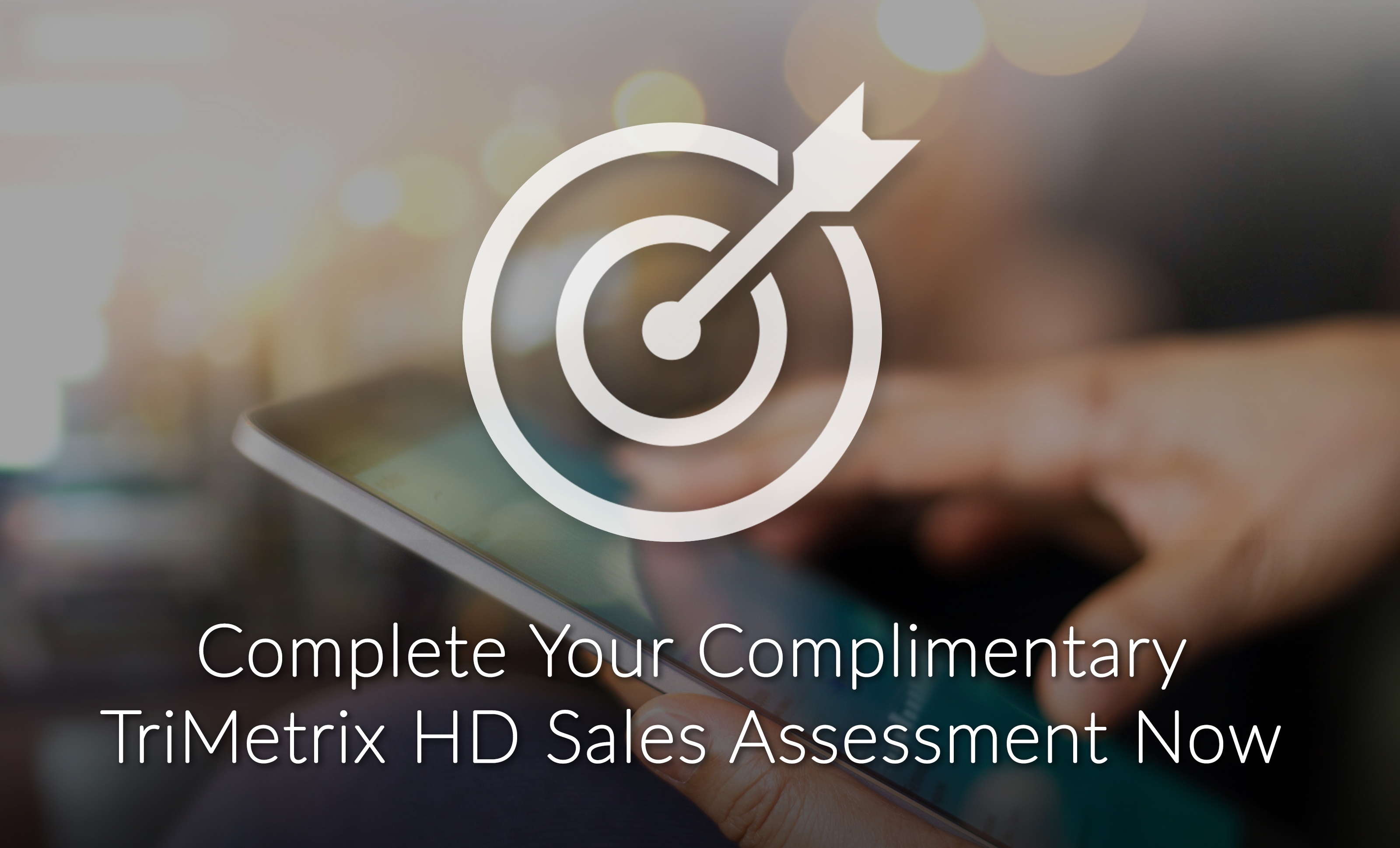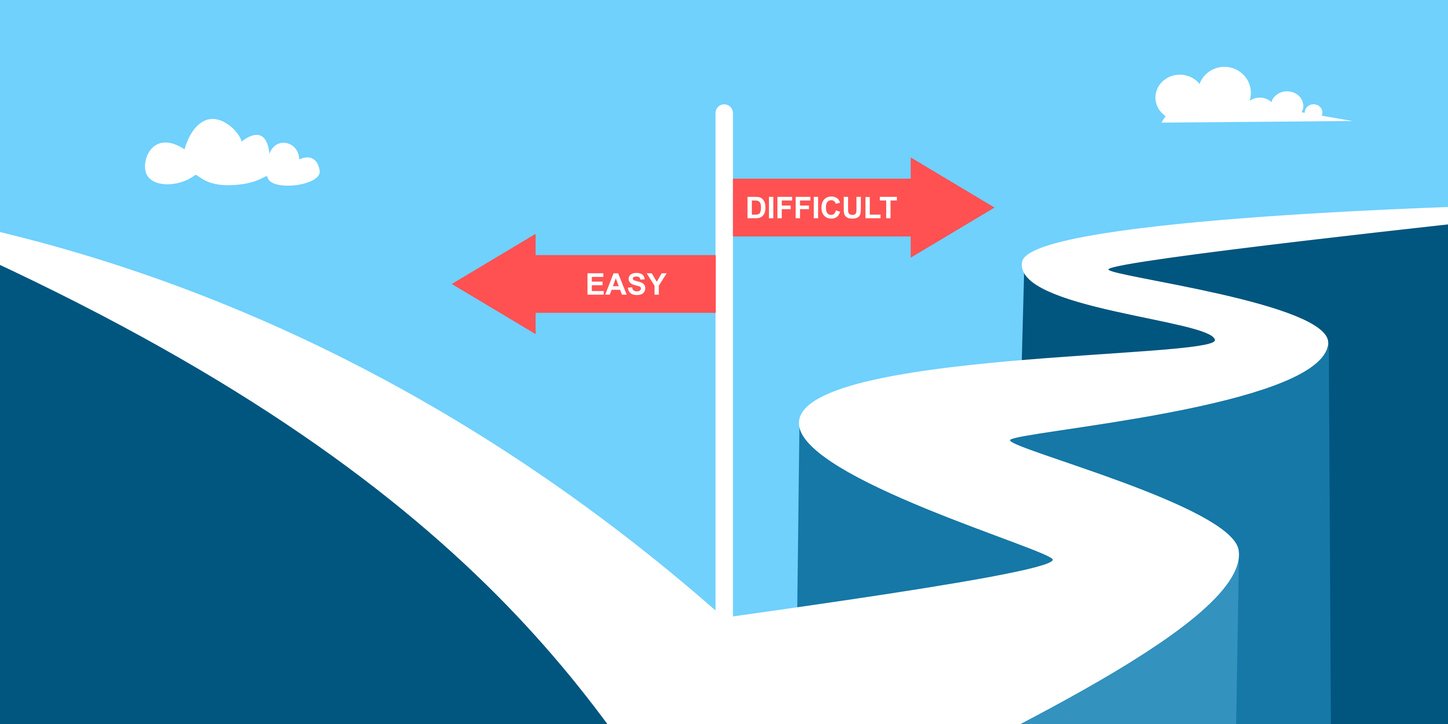Long story short.
The earlier valid sales personality testing is implemented in your sales hiring process the better.
Two primary issues with sales personality testing.
- The quality of most sales personality tests is questionable.
- Human Resources doesn't "get" sales personality testing. HR either uses sales personality testing improperly or not at all and instead hires based on gut feel.
Assess all qualified  candidates and do so early.
candidates and do so early.
For the most consistent sales hiring outcome, incorporate a valid sales personality test as early as possible in your hiring process. Ideally, once your sales candidate has met the baseline qualifications of education and experience in your sales hiring scorecard, the next step is to assess them.
Three powerful reasons why valid sales personality testing should be completed early in the sales hiring process.
Reduce human bias.
Ample research suggests that human bias is a serious problem in the typical hiring process. Human bias increases the potential of inadvertently removing good candidates and allowing future low-performing candidates to be considered further.
Good sales candidates may be eliminated too soon due to a poor early interview or a potential personality conflict with a screener or interviewer. You never want a competitor to get the top sales talent you should have hired but didn't because of human bias.
Low-performing sales candidates may be considered further because an interaction was favorable and / or their background / resume' seemingly "clicked" with a screener or interviewer. When low-performing sales candidates remain in your hiring funnel, valuable time is wasted through additional vetting that should not even take place and increases the likelihood the wrong candidates are mistakenly hired.
Promote fairness in sales hiring.
By assessing all candidates who meet a particular baseline of education and experience, you are treating each more fairly than if you allow human bias to dictate who is or is not assessed.
Objectify the subjective.
Research suggests that human bias is a serious problem in hiring. Therefore, wouldn't it make sense to use a valid sales personality test as an objective measure of future sales potential?
Of course it would.
Objectify the subjective through a valid sales personality test to understand pure selling potential. Use the actual interview to better understand the candidate's past experiences, share the vision of the position, and sell the employment opportunity.
Incorporating a valid sales personality test earlier in the sales hiring process saves and makes money.
Many sales personality tests have a variable cost that increases with the number of candidates assessed. Generally the more candidates assessed, the higher the assessment costs. Never-gonna-get it CEOs and sales management executives focus on price - the cost of the assessments.
Get it CEOs and sales management executives focus on the value created. They realize the actual cost of even the most expensive sales personality testing is inconsequential, relative to the benefits of making better sales hires and avoiding the costs associated with bad sales hires who perform poorly.
A common round number I hear for the cost of a single bad sales hire is $100,000. That figure grossly under-represents the true cost of a bad sales hire. The true cost of a bad sales hire is easily 10 times that or more. Few sales hiring assessment programs are going to cost anywhere near $100,000 annually to assess every sales candidate possible. The benefits of avoiding one bad sales hire can pay for many annual sales personality testing programs.
In the case of a valid sales personality testing program, price is what is paid and value is what is received.
A word of caution regarding sales personality testing.
A valid sales personality test should make up no more than 20 percent of the hiring scorecard.
As I have shared in previous posts, for the best consistent sales hiring outcome, use a sales hiring scorecard. As you build each candidate's hiring scorecard, tabulate the total maximum potential points they may have according to job fit, experience, education, training, etc. If it becomes apparent that a particular candidate will not meet or exceed an established hiring threshold, stop further consideration.





